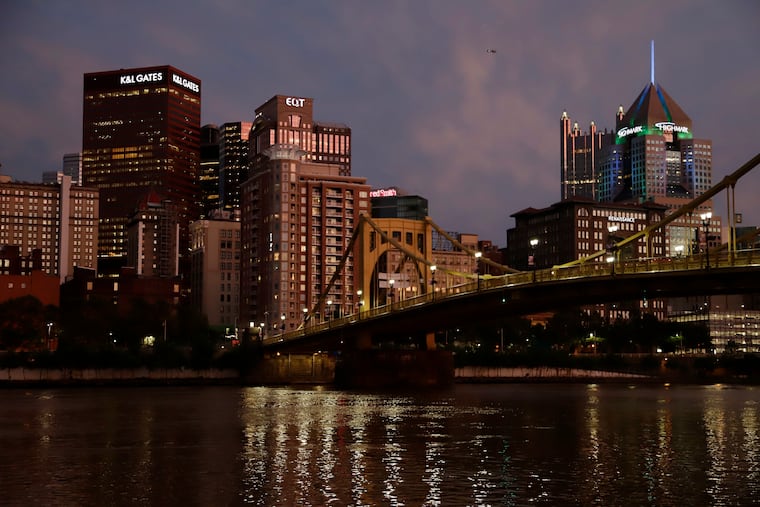Pa. Supreme Court: Pittsburgh can require businesses to provide paid sick leave
After four years of legal challenges, the fight over paid sick leave in Pittsburgh is over.

Four years after Pittsburgh passed a law requiring businesses to provide paid sick leave to their workers, the Pennsylvania Supreme Court has ruled that the city had the authority to do so, because it’s a matter of public health. Allowing employees to accrue paid sick days will prevent the spread of disease and contagion, the court said Wednesday.
Implementation of the law was stalled while it worked its way through the courts. The City of Pittsburgh estimated that 40 percent of those employed by private businesses did not get paid sick leave.
The Pennsylvania Restaurant and Lodging Association — which also opposed Philadelphia’s “Fair Workweek” scheduling law — and other businesses were the primary challengers of the paid sick leave law.
The decision is noteworthy as Philadelphia has continued to pass workplace standards — like Fair Workweek and “just cause” legislation against arbitrary firings — as a way to fight poverty, and legislators in Harrisburg continue to introduce “preemption” bills that would revoke the city’s power to pass such laws. (Those bills, which have targeted Philadelphia’s own paid-sick leave law, have gone nowhere.)
The Supreme Court’s decision likely doesn’t clear the way for Philadelphia to challenge Harrisburg on the issue of minimum wage — for one thing, there’s a specific state law that bars municipalities from raising their own minimum wage. And Jordan Yeager, a Doylestown-based lawyer who represented Pittsburgh in the paid-sick case, cautioned against applying the decision too broadly.
While the court’s opinion does affirm that there is a role for local governments to play in protecting public health, he said that “it’s hard to generalize how it would translate in any other case.”